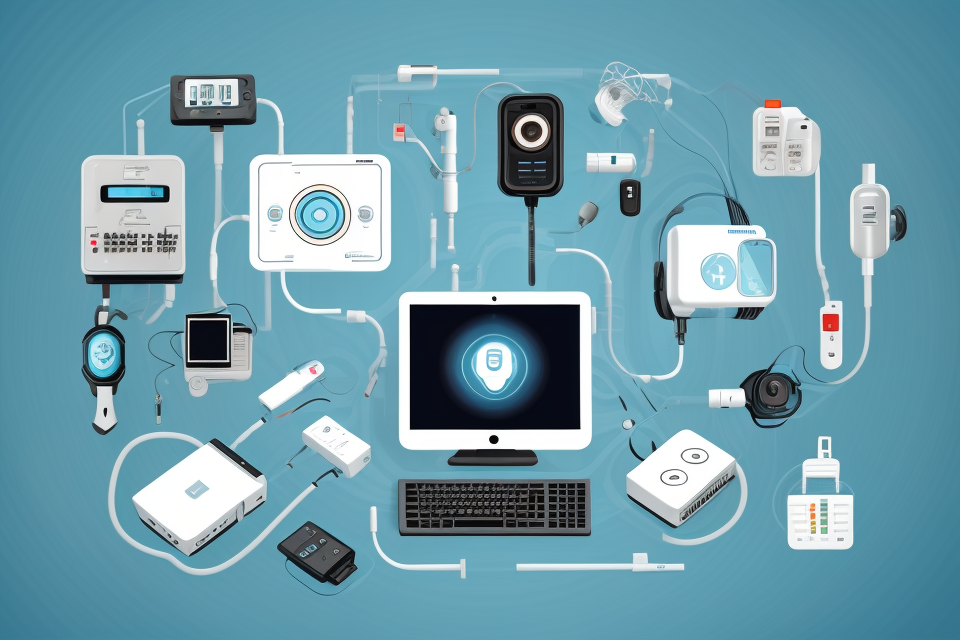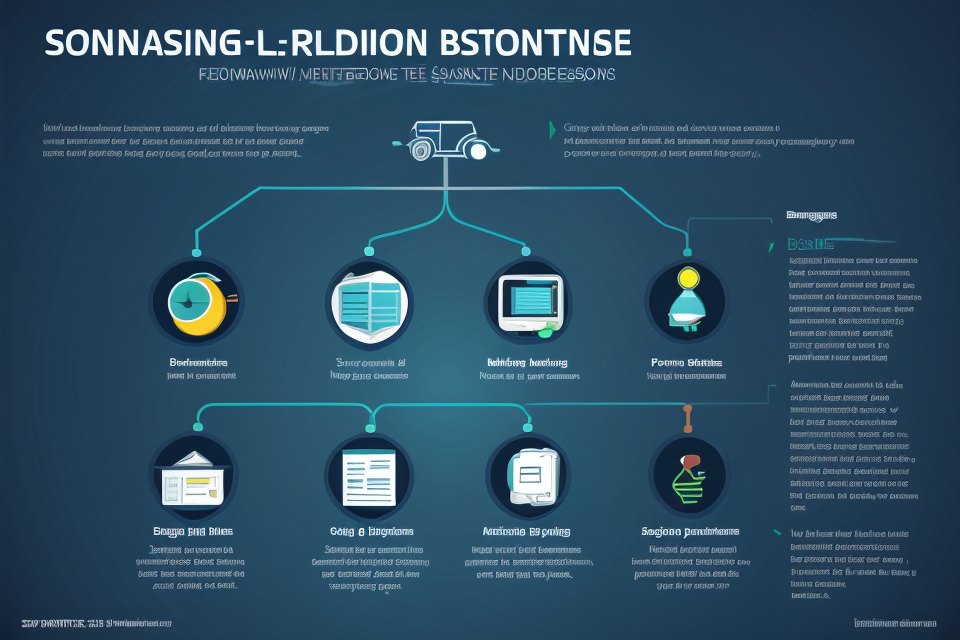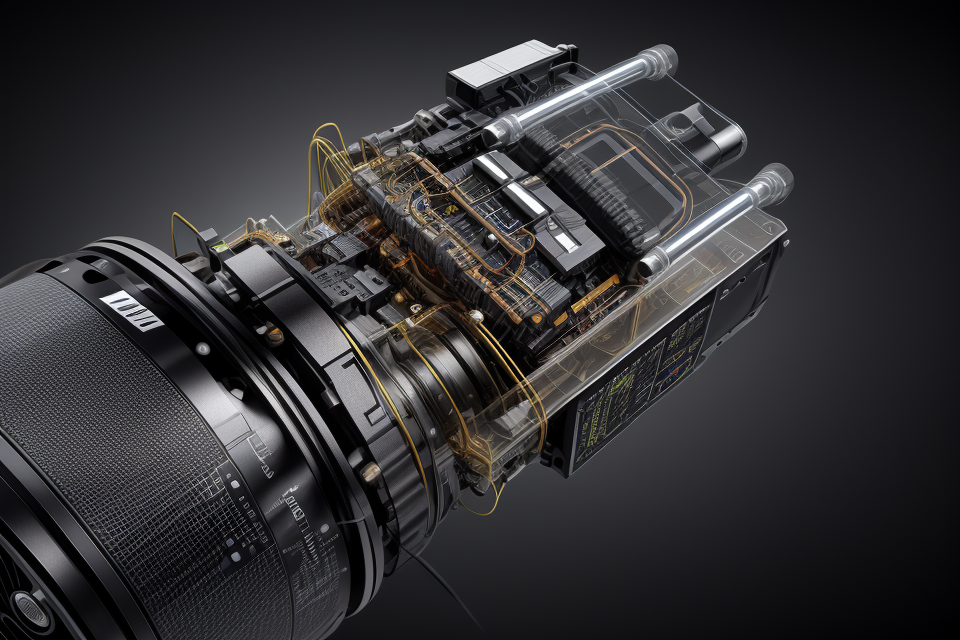
Definition of Sensor Technology
Types of Sensors Used in Healthcare
The Role of Sensor Technology in Healthcare
Applications of Sensor Technology in Healthcare
Patient Monitoring
Diagnosis and Treatment Planning
Drug Delivery Systems
Wearable Health Devices
Advantages of Sensor Technology in Healthcare
Key takeaway: Sensor technology in healthcare offers numerous benefits, including improved patient outcomes, remote patient monitoring, reduced healthcare costs, enhanced data collection and analysis, and the potential for personalized medicine. However, challenges and limitations, such as data privacy and security concerns, interoperability issues, high costs of implementation, and limited availability of skilled professionals, must be addressed to fully realize the potential of sensor technology in transforming healthcare. Further research and development, as well as collaboration between healthcare providers and technology companies, are essential to overcome these challenges and ensure the successful integration of sensor technology into healthcare systems.


